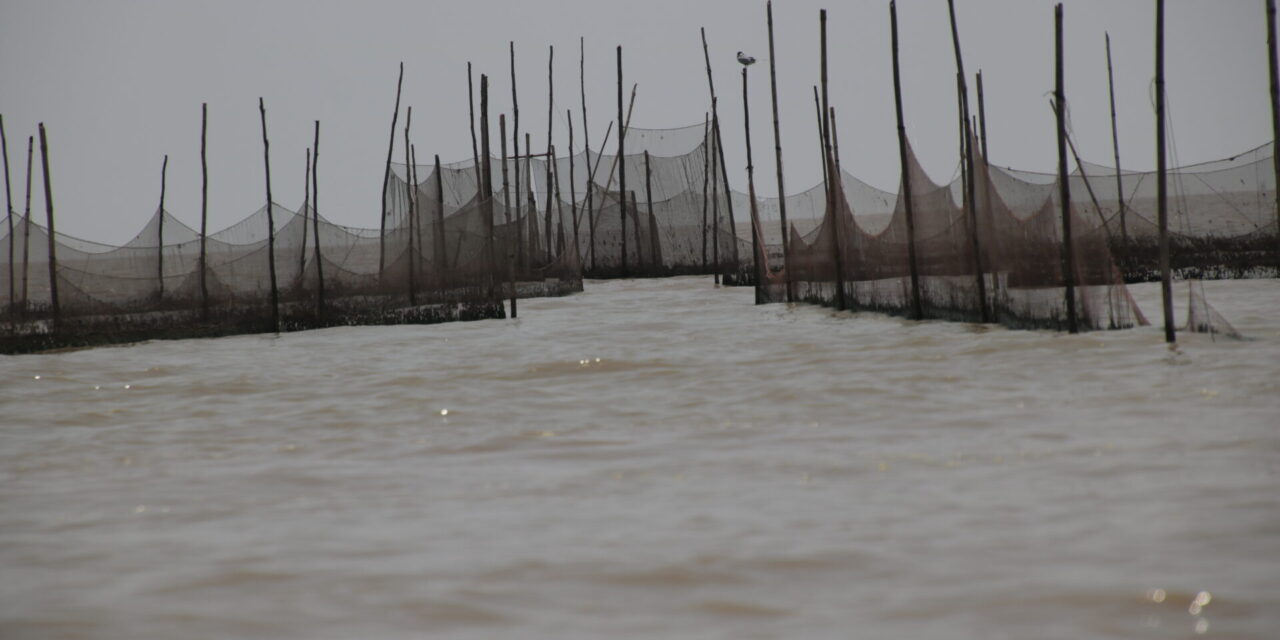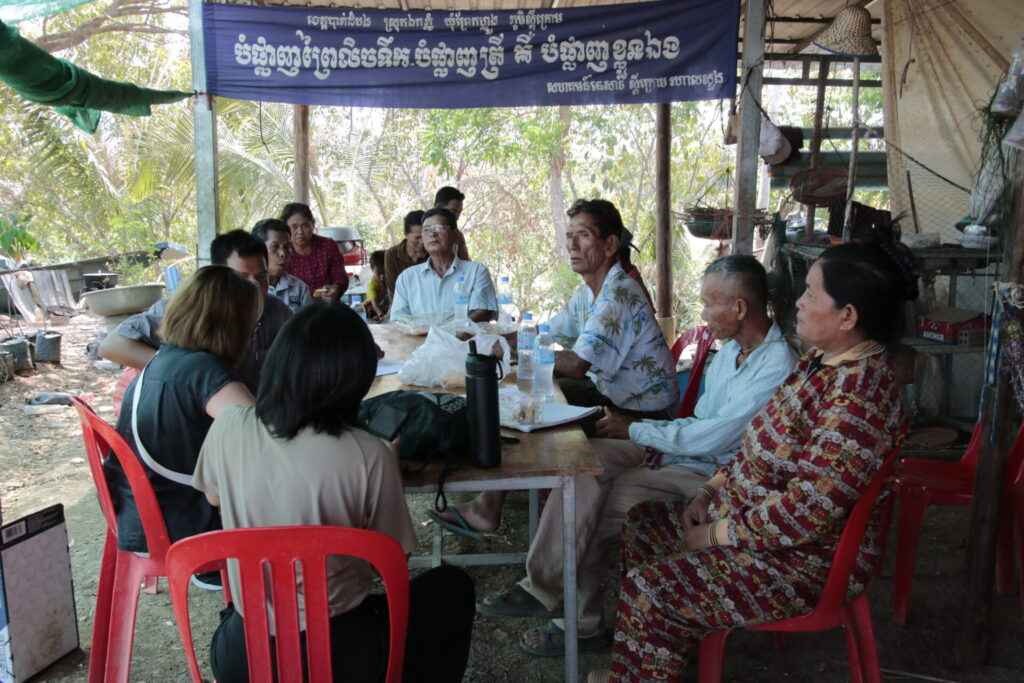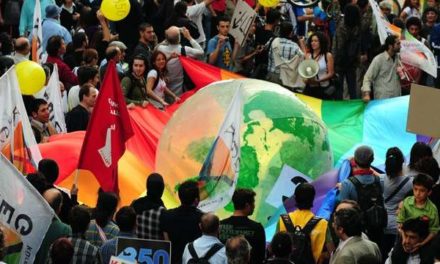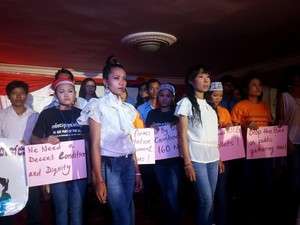The Tonle Sap region is divided into zones to manage its diverse ecosystem effectively. Zone 1 covers the permanent open lake area, Zone 2 includes seasonally flooded forests, and Zone 3 encompasses the outer floodplain and agricultural areas[3]. The Reang Penbei Tor Fisheries Community, located in Preaek Luong commune, Ek-phnom district, Battambang province, is situated in Zone 3. This zone is crucial as it balances agricultural activities with the conservation of fish habitats, especially during the dry season.
Within this dynamic environment, the Reang Penbei Tor Fisheries Community has implemented innovative conservation strategies to sustain fisheries income, even during the dry season. Typically, during the rainy season, there is a tendency for over-fishing as fishermen try to maximize their catch, fearing a scarcity of fish in the dry season. Additionally, many fish die off due to the reduced water levels and increased temperatures during the dry season[i].
To address these issues, the Reang Penbei Tor Fisheries Community has created a deeper fishery conservation area. This deeper section of the lake remains cooler and retains water even during the dry season, providing a refuge for fish and a safe place for mother fishes to lay eggs. As a result, this conservation area helps maintain fish populations year-round and ensures a sustainable supply of fish during both the rainy and dry seasons.
Local fishing communities are actively involved in these conservation efforts. The fisheries community holds regular meetings with villagers to make important decisions regarding the management of the conservation area. This participatory approach ensures that the conservation strategies are well-supported and effectively implemented.
The impact of these conservation efforts has been significant. By maintaining fish stocks throughout the year, the community has seen improved fish availability and ecosystem health. This has helped sustain the income of local fishermen, reducing the economic pressure during the dry season when fishing typically becomes more challenging.
Additionally, these conservation efforts have a positive impact on the climate. By preserving deeper water areas, the community helps mitigate the effects of temperature fluctuations and reduces the risk of fish kills during the dry season. This contributes to a more stable ecosystem, supporting biodiversity and enhancing the resilience of the local environment to climate change impacts.
Despite these successes, challenges remain. Many fishing communities around Tonle Sap Lake face hardships due to fluctuating water levels and environmental degradation. The recent decline in fishery resources has driven some communities into poverty, as fish is no longer a reliable source of income (Focus on the Global South, 2022). There are calls for the government to enforce fishery laws more strictly and restore flooded forestland to support fishery habitats and improve community livelihoods.
In conclusion, the Reang Penbei Tor Fisheries Community exemplifies how innovative conservation strategies and community involvement can sustain fisheries and improve livelihoods in Tonle Sap Lake. By creating a deeper conservation area and engaging local communities in managing these resources, they have set a precedent for sustainable fishing practices that can be replicated in other regions.
—-
[1] Keskinen, M. (2006). The Lake with Floating Villages: The Socio-economic Dynamics of the Tonle Sap Lake. In M. Kummu, M. Keskinen, & O. Varis (Eds.), Modern Myths of the Mekong. Water & Development Publications – Helsinki University of Technology.
[2] Kummu, M., Sarkkula, J., Koponen, J., & Nikula, J. (2006). Ecosystem management of the Tonle Sap Lake: An integrated modeling approach. International Journal of Water Resources Development, 22(3), 497-519.
[3] Mongabay. (2022). Farmers feel the pressure after conservation crackdown around Cambodia’s Tonle Sap Lake. Retrieved from https://news.mongabay.com/2022/07/farmers-feel-the-pressure-after-conservation-crackdown-around-cambodias-tonle-sap-lake/
[i] Focus on the Global South. (2022). Impact of redistributing flooded forestland around Tonle Sap Lake. Retrieved from https://focusweb.org/impact-of-redistributing-flooded-forestland-around-tonle-sap-lake/







![[IN PHOTOS] In Defense of Human Rights and Dignity Movement (iDEFEND) Mobilization on the fourth State of the Nation Address (SONA) of Ferdinand Marcos, Jr.](https://focusweb.org/wp-content/uploads/2025/07/1-150x150.jpg)



